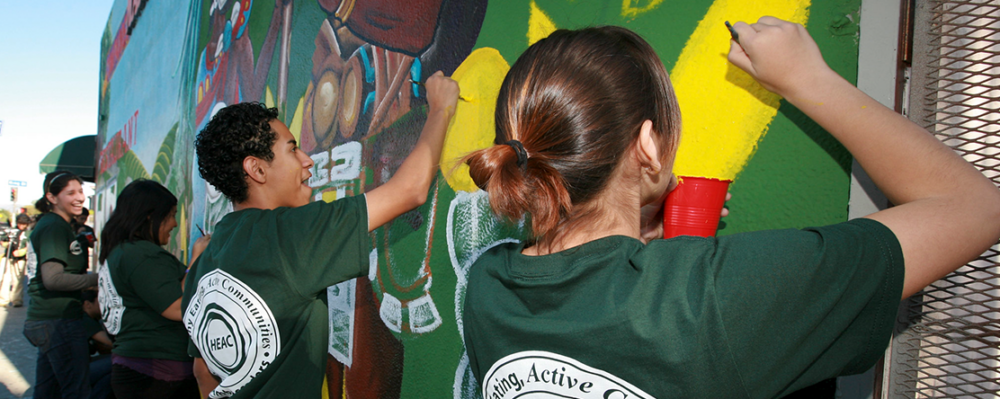
Making the Case for Linking Community Development and Health
-
Focus Areas
Capacity Building & Leadership, Healthy Communities -
Issues
Community Development -
Programs
Build Healthy Places Network

A resource for those working to improve low-income communities and the lives of the people living in them
For years, community development and health practitioners have invested time, effort and resources in the same neighborhoods, often with the same people, but without coordinating their efforts. This resource summarizes recent research and policy, provides an array of promising current and recent examples of collaborative initiatives, and explores barriers to such efforts as well as lessons learned about how to overcome them. All of the projects highlighted in the report draw from the growing body of research that shows that our potential to live long and healthy lives can be shaped by the physical and social conditions and the services in our neighborhoods.
Making the Case for Linking Community Development and Health was written for practitioners in both the community development and health sectors, and for potential partners from other fields. Even for those already convinced of the need to work across the two sectors, the report provides resources to strengthen arguments to potential funders and partners, identifies partnership strategies, and recommends approaches to evaluation.
The report is a joint project of the Center on Social Disparities in Health at the University of California at San Francisco and the Build Healthy Places Network, supported by the Robert Wood Johnson Foundation and a program of the Public Health Institute. It builds on the recommendations of the Robert Wood Johnson Foundation Commission to Build a Healthier America.
Originally published by PHI's Build Healthy Places Network
Work With Us
You change the world. We do the rest. Explore fiscal sponsorship at PHI.
Support Us
Together, we can accelerate our response to public health’s most critical issues.
Find Employment
Begin your career at the Public Health Institute.


